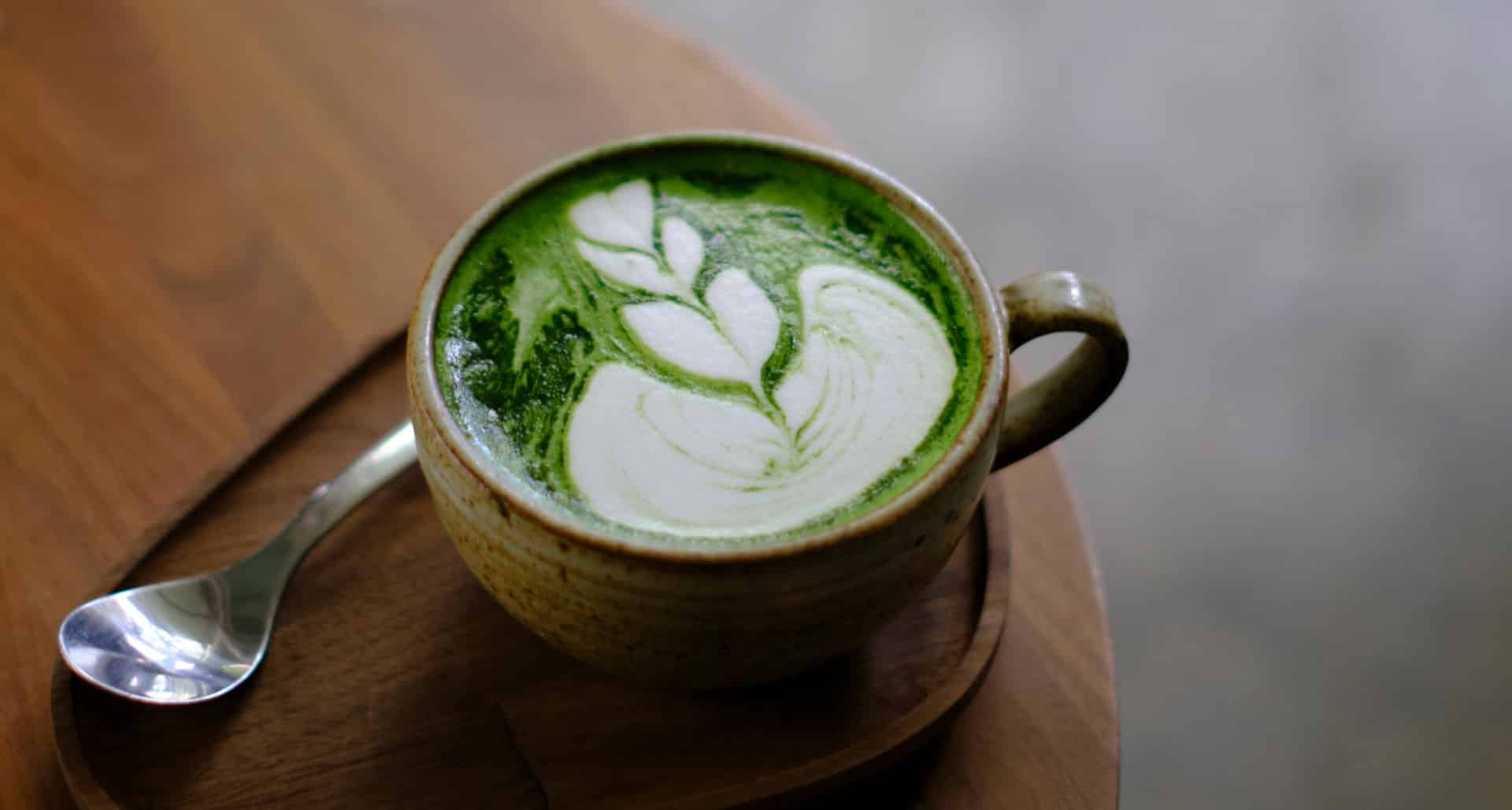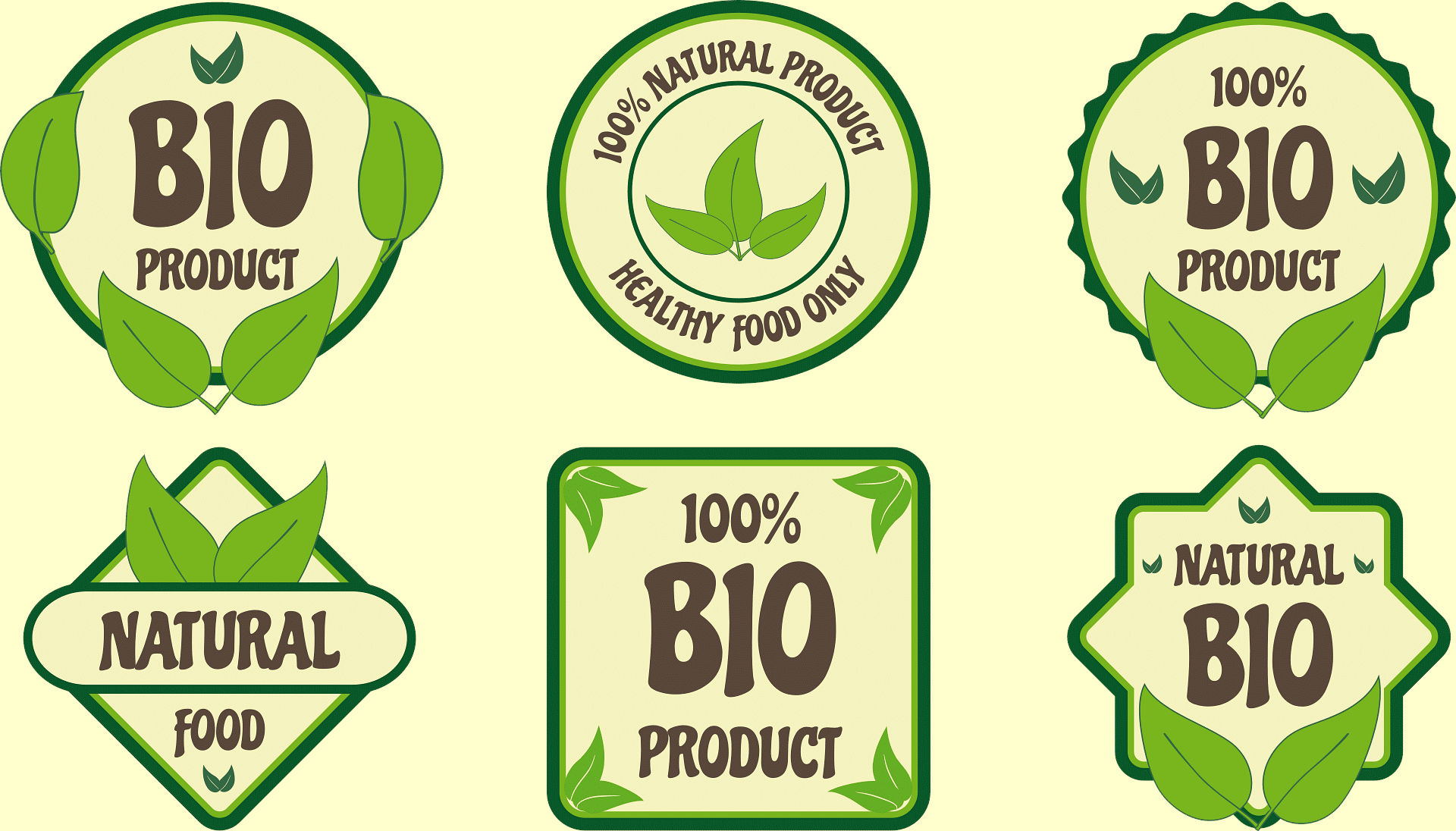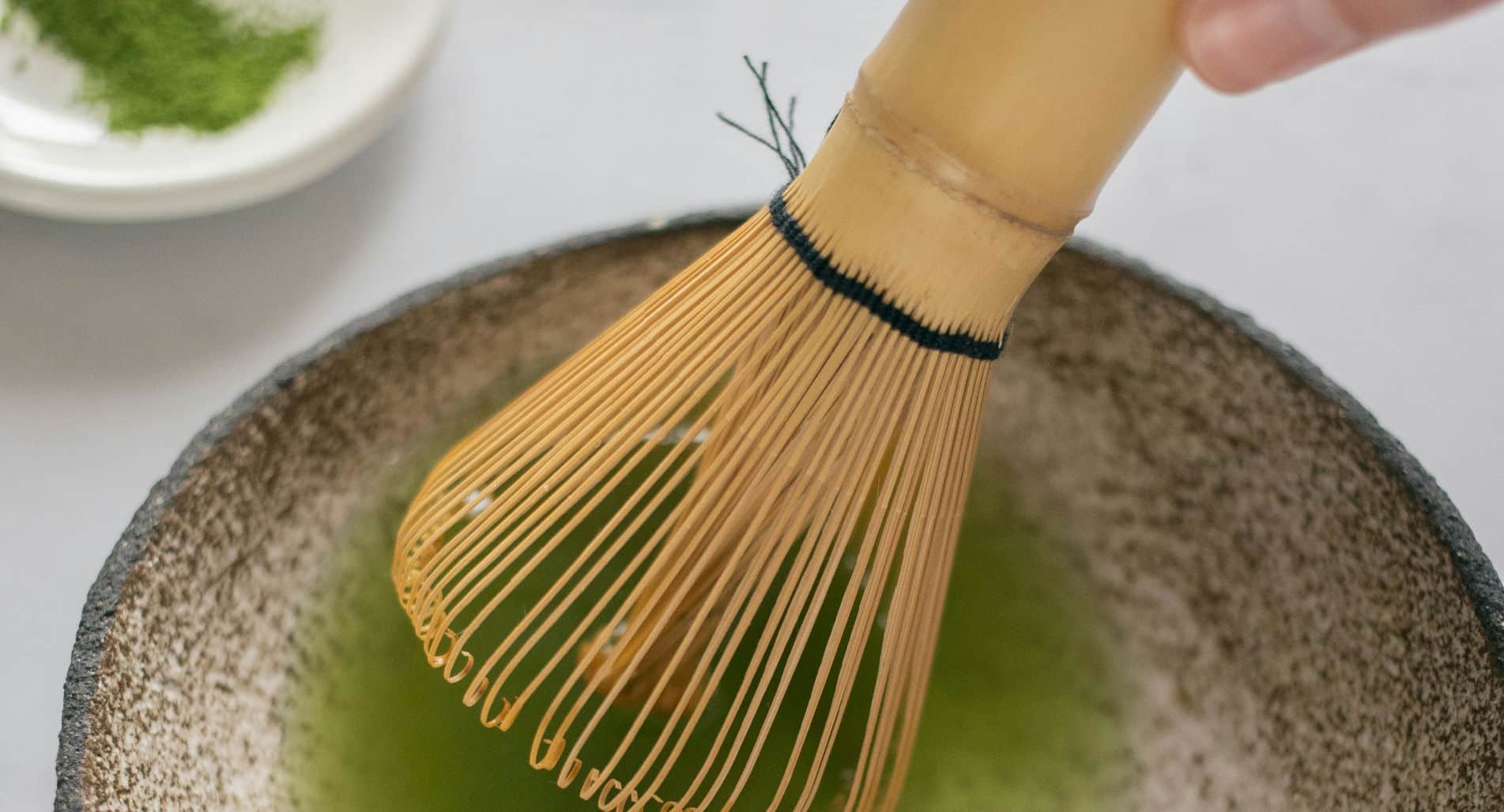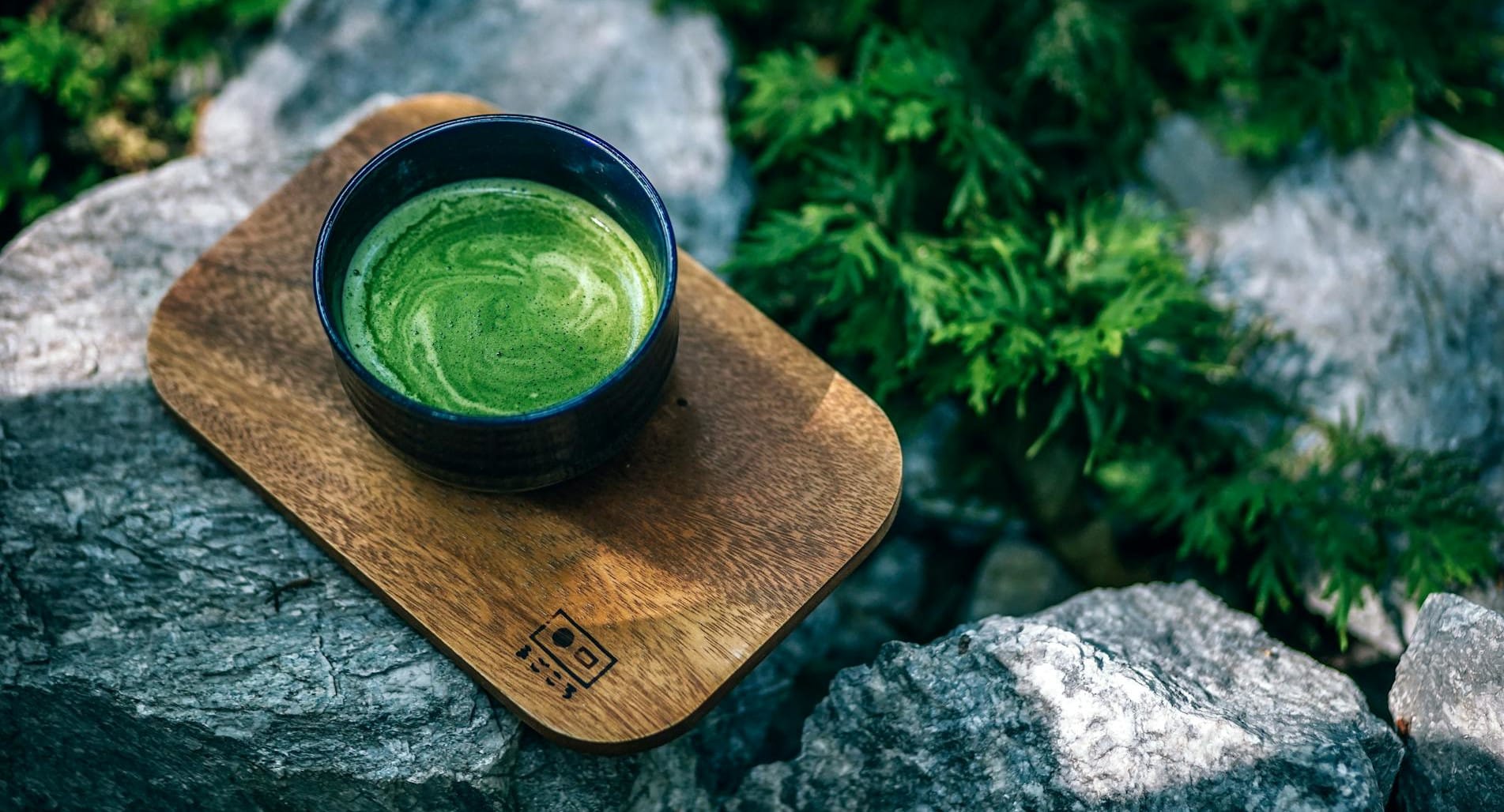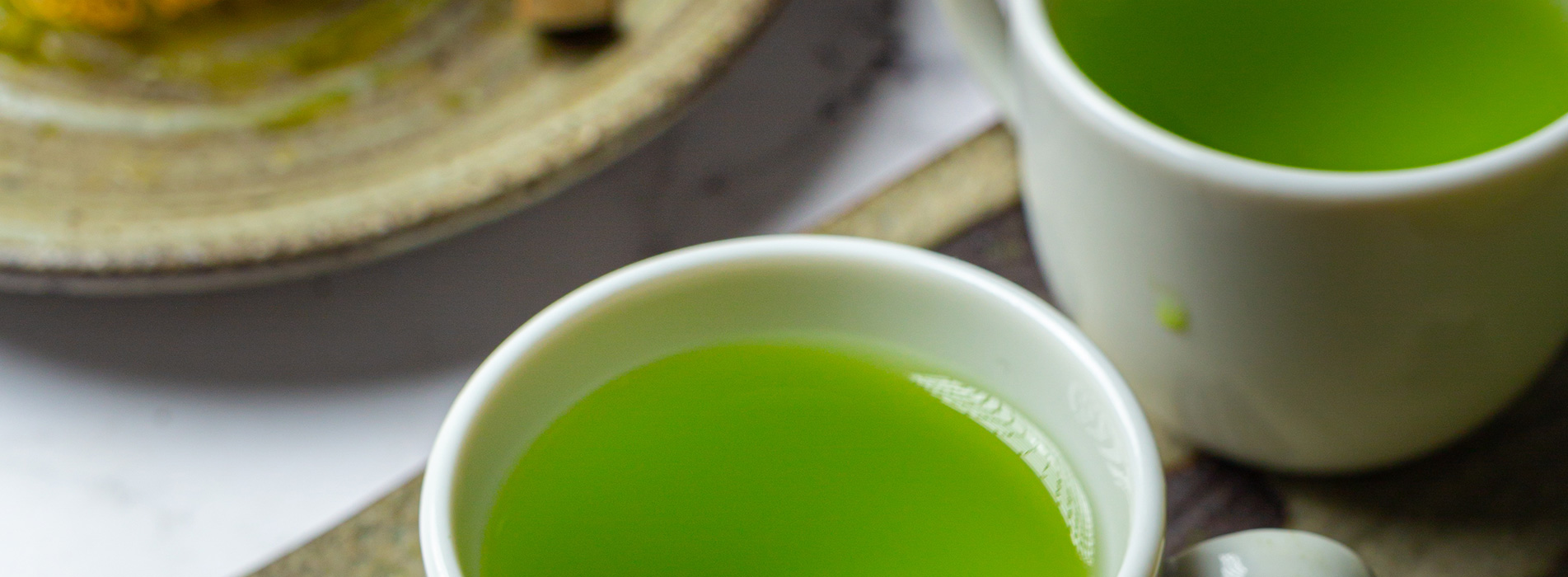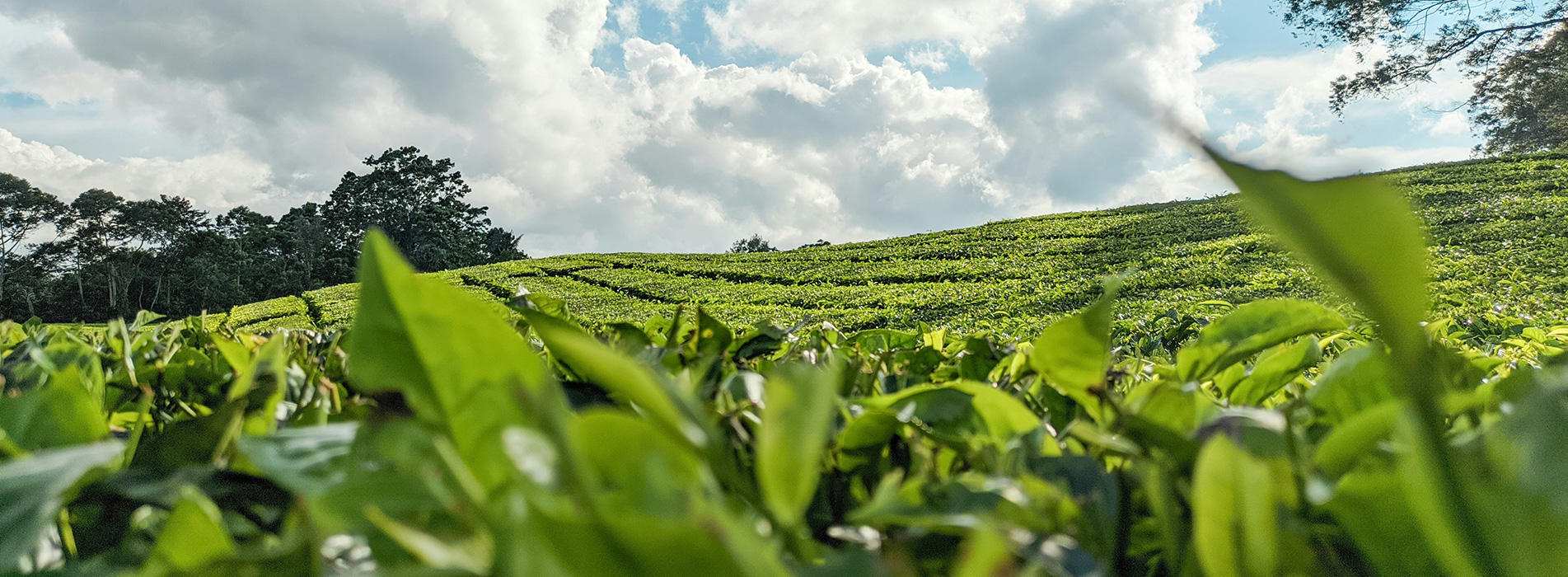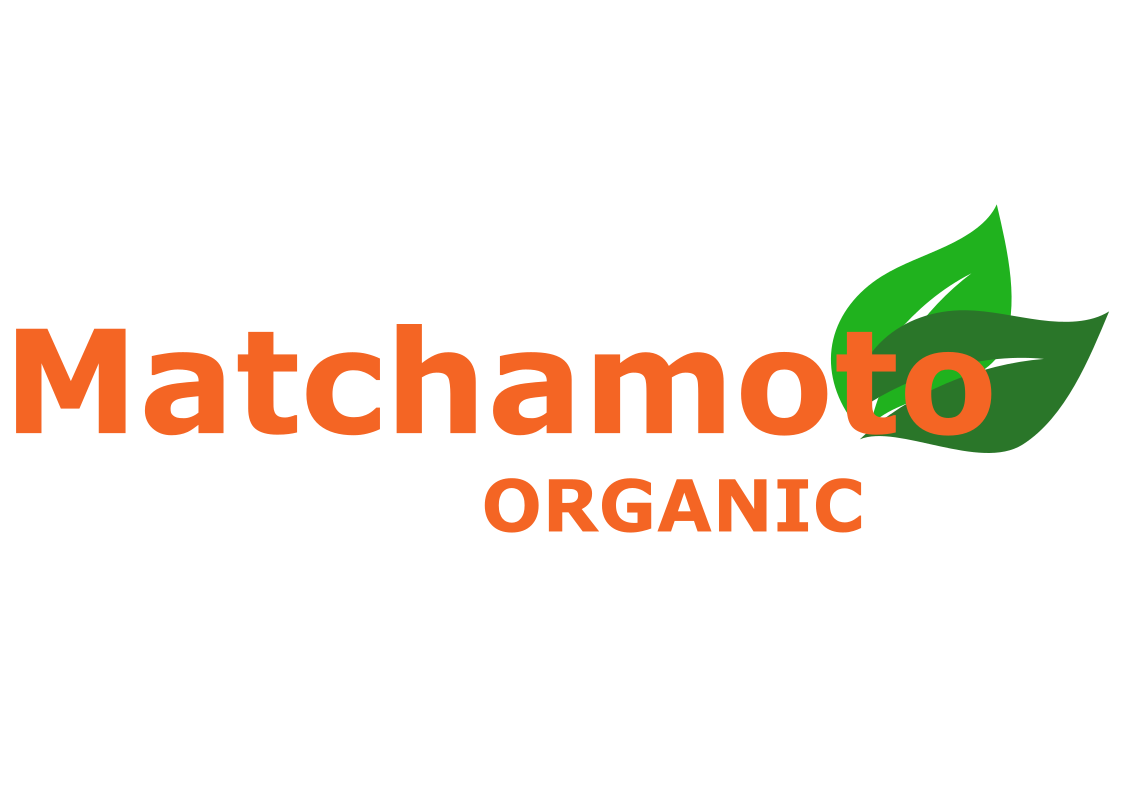

What is Matcha?
Matcha is a unique and vibrant form of green tea that has captivated tea enthusiasts worldwide. Originating in Japan, matcha is made from shade-grown tea leaves that are stone-ground into a fine, bright green powder. Unlike traditional green tea where leaves are steeped and discarded, matcha is whisked directly into hot water, allowing the drinker to consume the entire tea leaf.
This distinctive preparation method results in a tea that is richer in flavor, texture, and nutritional content than standard green tea. Matcha offers a complex taste profile, often described as umami, slightly sweet, and vegetal, with a creamy texture when properly prepared.
Traditionally used in Japanese tea ceremonies, matcha has now found its way into various culinary applications, from lattes and smoothies to baked goods and savory dishes. It’s prized not only for its unique flavor and vibrant color but also for its potential health benefits, including high antioxidant content and moderate caffeine boost.
Whether enjoyed in its traditional form, incorporated into modern recipes, or appreciated for its cultural significance, matcha represents a fascinating intersection of history, culture, and culinary innovation in the world of tea.
What is moto?
origin or source.. The name Moto has its origins in the Japanese language and holds deep significance within the culture. Derived from the Japanese word moto (), meaning origin or source, Moto is often interpreted as representing the core elements of a person's being - their Mind, Spirit, and Soul.
Newsletter Signup
Signup Now for news and a special discount! Please check your trash or spam folder to confirm your subscription if you don’t find our mail in your inbox.
Haiku, Perfect with Matcha Tea
According to Wikipedia..
Haiku (俳句,) is a type of short form poetry that originated in Japan, and can be traced back from the influence of traditional Chinese poetry. Traditional Japanese haiku consist of three phrases composed of 17 phonetic units (called on in Japanese, which are similar to syllables) in a 5, 7, 5 pattern;[1] that include a kireji, or “cutting word”;[2] and a kigo, or seasonal reference. However, haiku by classical Japanese poets, such as Matsuo Bashō, also deviate from the 17-on pattern and sometimes do not contain a kireji. Similar poems that do not adhere to these rules are generally classified as senryū.[3]
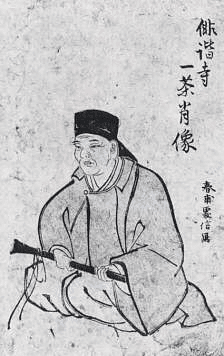
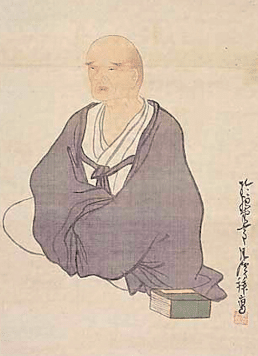

green tea benefits
Matcha green tea has many benefits, here are the main ones :D!
Cancer Prevention
Matcha is rich in catechins, particularly epigallocatechin gallate (EGCG), which have shown potential anti-cancer properties in various studies. These antioxidants may help protect cells from DNA damage and inhibit tumor growth, potentially lowering the risk of certain types of cancer.
weight loss
Matcha may support weight management efforts due to its metabolism-boosting properties. The combination of caffeine and EGCG might increase fat oxidation and energy expenditure, potentially aiding in weight loss when combined with a healthy diet and exercise.
heart health
Matcha’s antioxidants may support heart health by helping to lower LDL cholesterol and reduce inflammation. Some studies suggest that regular green tea consumption could be associated with a lower risk of heart disease.

skin conditions
The high antioxidant content in matcha may benefit skin health by fighting free radicals that contribute to premature aging. Some studies suggest that green tea compounds could help protect against UV damage and reduce inflammation, potentially improving conditions like acne or rosacea.
stroke risk
In some population studies, regular consumption of green tea, including matcha, has been associated with a reduced risk of stroke. This may be due to its potential to improve cardiovascular health and reduce inflammation.
other benefits
Matcha may offer additional benefits such as improved cognitive function due to the combination of L-theanine and caffeine, which can promote alertness and concentration. It may also support oral health, help regulate blood sugar levels, and boost the immune system.
top articles
Want to Know More?
